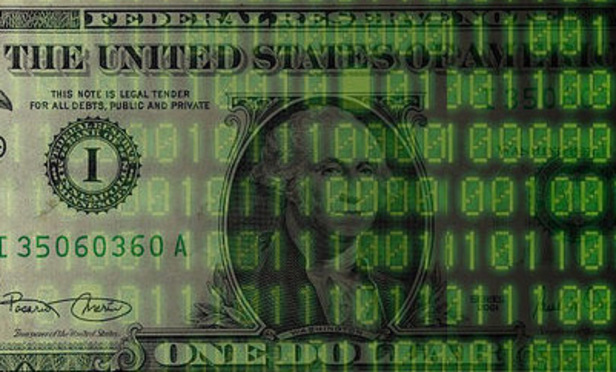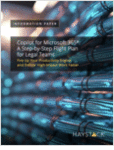Criminals around the world are constantly evolving their tactics to stay one step ahead of authorities, as well as the rules and regulations used to crack down on money laundering. In today’s interconnected world, criminals have fled to the deepest, darkest parts of the Internet to conduct business and transfer payments from ill-gotten gains such as drug smuggling, child porn, prostitution, weapons trade and even terrorism.
To elude law enforcement, cybercriminals have started using anonymous payment systems to transfer large amounts of cash undetected. With as little as an email address, even the largest crime syndicate or terrorist organization can open an account with an anonymous payment system operator, in which investigators have limited access and authority to discern what funds are being transferred or what goods are being purchased.
This content has been archived. It is available through our partners, LexisNexis® and Bloomberg Law.
To view this content, please continue to their sites.
Not a Lexis Subscriber?
Subscribe Now
Not a Bloomberg Law Subscriber?
Subscribe Now
LexisNexis® and Bloomberg Law are third party online distributors of the broad collection of current and archived versions of ALM's legal news publications. LexisNexis® and Bloomberg Law customers are able to access and use ALM's content, including content from the National Law Journal, The American Lawyer, Legaltech News, The New York Law Journal, and Corporate Counsel, as well as other sources of legal information.
For questions call 1-877-256-2472 or contact us at [email protected]






